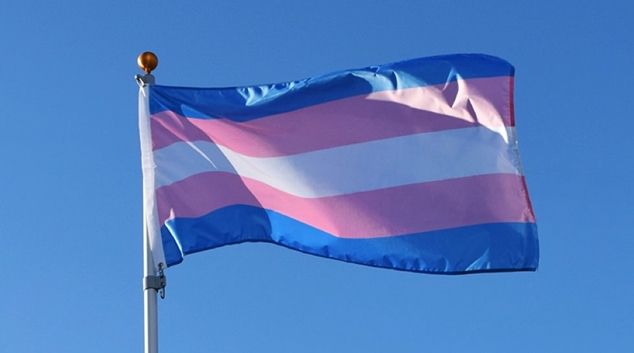
Advocates have highlighted gaps in Australia’s workplace protections in light of this week’s Supreme Court ruling that protects LGBTIQ+ workers.
The ruling, won 6 votes to 3, found that discrimination on the basis of sexuality and gender identity is covered by the Civil Rights Act of 1964.
Veteran transgender advocate, Sally Goldner AM, says Australia needs to amend the federal Fair Work Act to align with the Sex Discrimination Act and protect transgender, intersex and gender diverse Australians.
“This will cement protection for trans, intersex and gender diverse employees against adverse action and unlawful termination,” Goldner said.
Spokesperson for advocacy group just.equal and former senator, Brian Greig, said the relevant provisions of Australian industrial law (sections 351 and 772 of Fair Work Act 2009), covers sex and sexuality, but not gender identity or sex characteristics (intersex status).
“The result of this exclusion is that trans, gender diverse and intersex employees can be subjected to abuse at work, or dismissed because of who they are, but cannot make a complaint to the Fair Work Commission,” Greig adds.
Human rights advocate Alistair Lawrie raised the issue with then Minister Craig Laundy, who gave assurances that his concerns were covered by the Commonwealth Sex Discrimination Act.
Lawrie says Laundy’s advice was misleading and incomplete.
“Gender identity and intersex status is covered in the SDA, but the Australian Human Rights Commission can take much longer to conciliate, and enforcing outcomes may require action in the Federal Court or Federal Circuit Court at the risk of significant costs orders to the complainant,” Lawrie explains.
“By contrast, arbitration by the Fair Work Commission can be much quicker and is generally a ‘no costs’ jurisdiction.”
“This is why sex, sexual orientation, marital status, family responsibilities and pregnancy are all covered under both the SDA and Fair Work Act, allowing parties to choose an expedited, low-cost resolution if it suits them.”
“Women, including lesbians, gay men and bisexuals can all exercise this choice, but it is denied to trans, gender diverse and intersex citizens.”
Greig said current consultations between government, business and unions to reform industrial relations laws in Australia was an ideal opportunity to raise this issue.
“This problem can be easily fixed by adding trans, gender diverse and intersex people under the protection of the Fair Work Act,” Greig continued.
“The US Supreme Court ruling adds to the legal precedents and momentum for this overdue reform.”
These calls come as advocates increase pressure on Prime Minister Scott Morrison and his government to drop the Religious Discrimination Bill, which would allow for ‘faith-based’ discrimination against LGBTIQ+ folks.
Activists are also raising the issue with state governments, with advocates citing cases of WA schools discriminating against LGBTIQ+ staff and families and urging the McGowan government to reassess state laws.
OIP Staff

Love OUTinPerth Campaign
Help support the publication of OUTinPerth by contributing to our
GoFundMe campaign.





